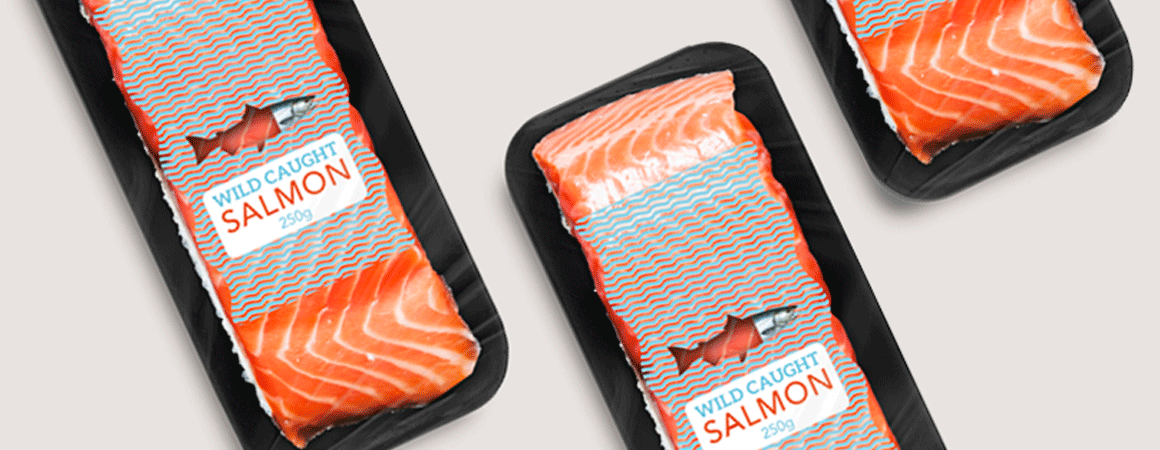The United Nations’ August 2019 report on climate change and land noted that at least a quarter of all food worldwide is wasted. Our RFID-based intelligent label solutions are designed to provide greater visibility into the food supply chain, helping producers, transporters, and retailers manage food inventories more efficiently. We believe that, over time, the data collected through RFID-enabled supply chains will enable producers to optimize the food supply for demonstrated demand. Meanwhile, grocers can already go a long way toward eliminating waste by using RFID-tagged products or pallets to get a more accurate picture of their inventories, monitor food temperatures, and better manage expiry to keep food from spoiling. We believe RFID can help grocers reduce waste by as much as 20%, and we’re conducting pilot projects to confirm our projections. As part of an effort by the Japanese government to make retailers more competitive by adopting the latest-generation technology, we’re supplying RFID tags to enable Japan’s 58,000 convenience stores better manage inventories, reduce waste, and automate customer service. Our innovations—including tags that are readable on packages containing metal and liquid, and that can be microwaved without fire risk—have removed barriers to RFID adoption in Japanese grocery stores and throughout the global grocery and food service industries. Our intelligent labels are helping reduce waste in other industries as well. In apparel and beauty, RFID is reducing overproduction by letting retailers see “hidden” stock that conventional inventory management systems might miss. And in consumer goods, our intelligent labels are telling product owners how to best recycle items when they are through using them.
.png)
